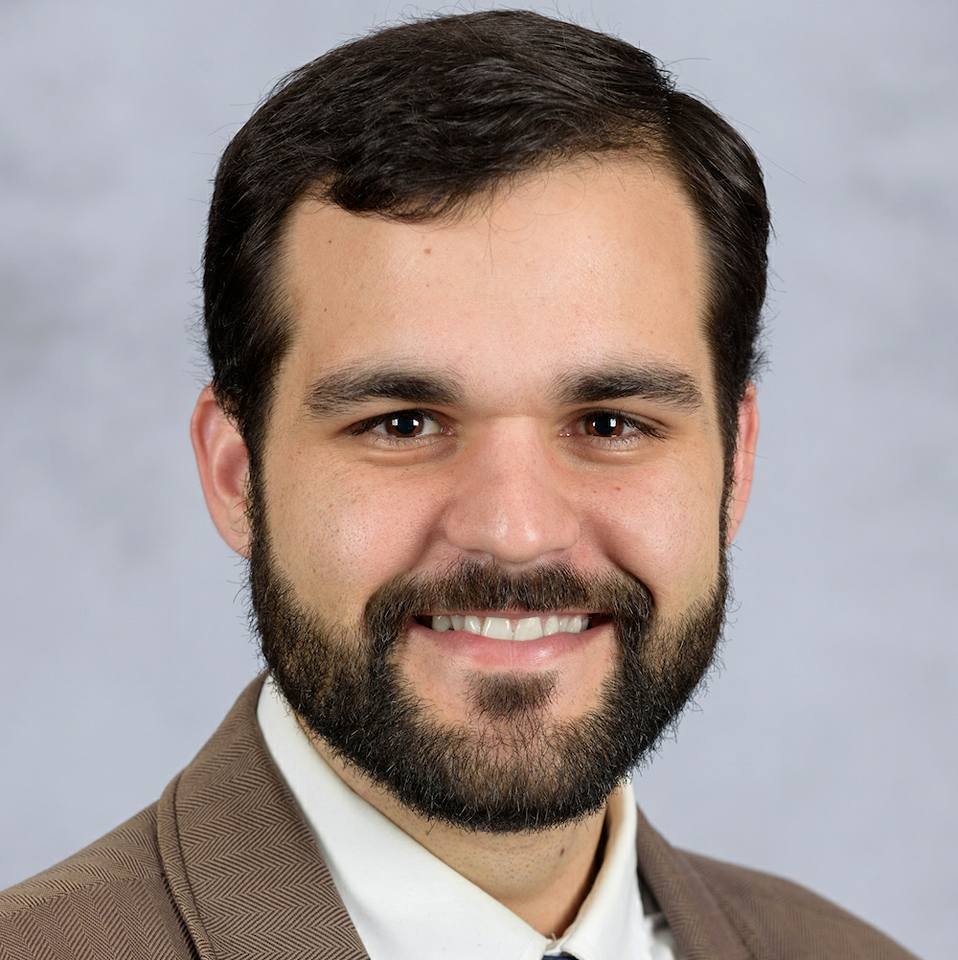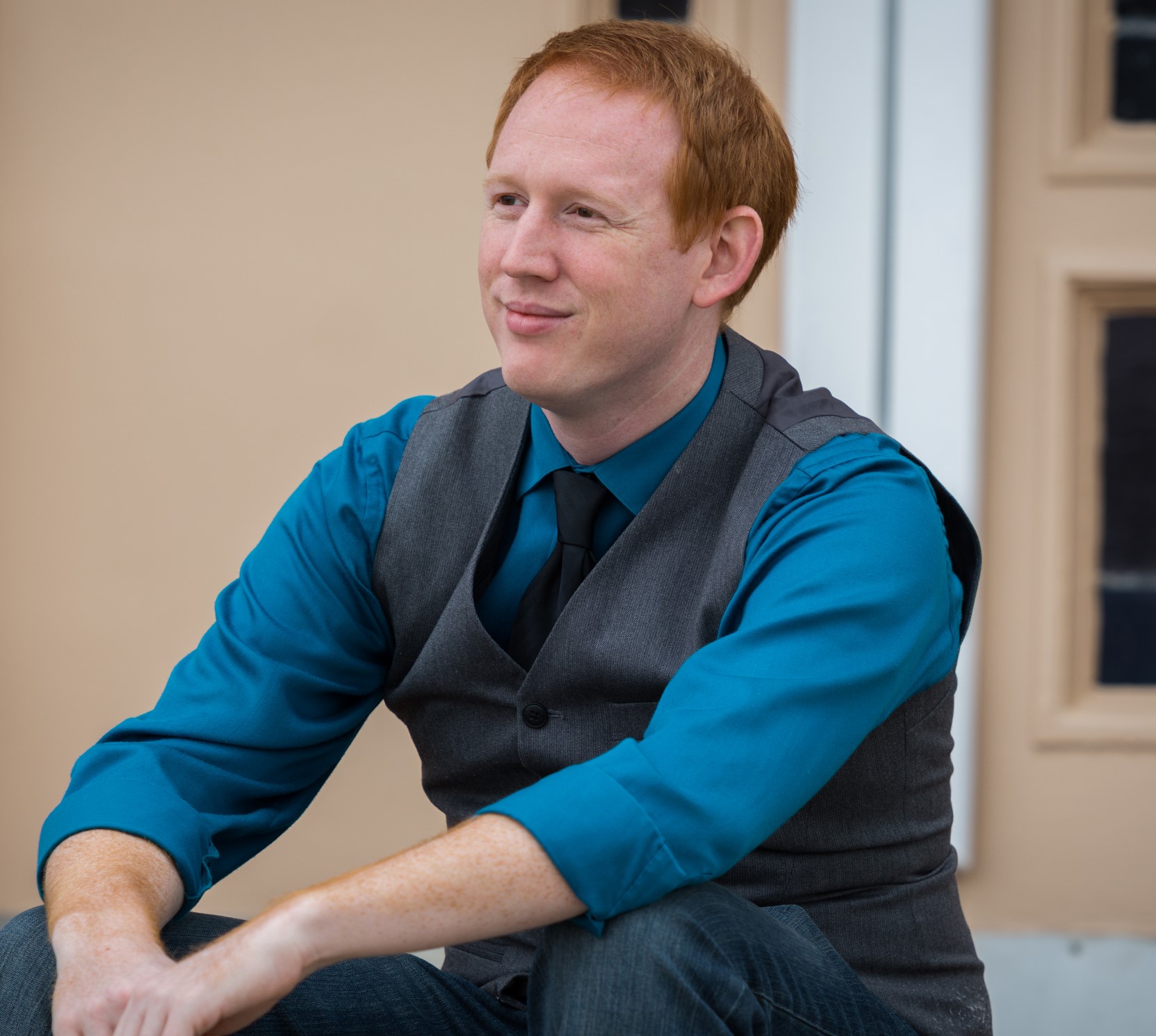Author – Adam Perez is a doctoral student in liturgical studies at Duke Divinity School.
Nevertheless, It Was A Blessing
A few weeks ago I had the blessing of working with an ad hoc choir who gathered out of the student body of Duke’s Summer Course of Study program. Many were second-career local pastors in often very small congregations. For some, it had been a while since they were able to enjoy singing with a choir during worship. It was also a challenge for them to come to an hour-long, afternoon rehearsal following a grueling schedule of classes. Nevertheless, it was a blessing for all of us to share in choral song.
They were visibly tired, but excited to sing. As they shuffled in for rehearsal at Goodson Chapel at Duke Divinity School, the major themes of (and complaints about) their courses of the day pattered off the stone and glass. One drawback of being in an academic setting where new ideas about God, the church, worship, identity, mission, etc. are being impressed upon them all day, everyday, is that students can start to become hyper self-critical of the way they interact in those spaces: ‘Did I use that –ology word correctly?’ ‘Did I unintentionally shut down my fellow students’ earnest reflection?’ ‘Does the teacher think I am a fraud?’ ‘Am I a fraud??’
They were visibly tired, but excited to sing.
Though this kind of environment can become quickly tiring, there was a hidden and unexpected blessing in it: they brought that awareness and teachable (but discerning) spirit to choir. The choir members were ready to think and talk about the music beyond ‘where can we take a breath?’ and ‘are you going to give us a cut-off?’
North Carolinian
One moment in particular stood out. As we were working on our consonants for Richard Smallwood’s arrangement of Isaac Watts’ “I Love the Lord,” one of our sopranos openly apologized that she kept (aggressively) rolling the r on the line “and troubles rise.” After rehearsal she came up to tell me that she would practice it overnight and would definitely get it right for the following day’s chapel service. She explained that it is hard for her to not roll the ‘r’ because she’s always been taught that soft or swallowed ‘r’ sound was the correct way to sing. Upon further investigation and conversation, she said that she had learned (either explicitly or implicitly) that the sound of a North Carolinian/southern accent was not an appropriate one for group singing, i.e. choir.
Now I’m no expert in vocal technique, but it pained me to hear her say the equivalent of ‘the sound of my voice is not fit for the worship of God, so I have to change it.’ I realize that I too have uncritically internalized a deep sense that there are good and bad, beautiful and… um… less beautiful accents for singing. On what basis can and should we make these judgments? In singing any English language text, I regularly hear the encouragement to sound ‘more British,’ as though there is only one British English accent and all of its sounds are ‘pure.’
…it pained me to hear her say the equivalent of ‘the sound of my voice is not fit for the worship of God, so I have to change it.’
In any case, this soprano’s comments caused me to reflect using my theological toolkit. What theological rationale did I have for both affirming that it was appropriate to modify the sound of her voice to fit the style of music and suggest that she let the sound of her own voice shine through?
I turned to thinking about the sound of our voices as incarnational.
Incarnational Sound
Of course, the voice is by nature part of the fleshy stuff of our bodies that God knit together and that makes the sound of our voices incarnational in a generic sense. But I think we can take it further: for our music to honor God more fully, it needs to honor our bodies more fully. Our sounds have to be more truly of us and the stuff we’re made of—even (especially?) when that stuff is result of social and cultural formation. Christ’s incarnation reminds us that God’s glory is revealed in a specific person in a specific place at specific time in history. If “in our music God is glorified” (thanks Fred Pratt Green), it is when these voices we’ve been given sing God’s praise.
On the other hand, an incarnational perspective also encourages us remember not just we ourselves, but the contexts within which the music was originally created and intended: the urban streets of protest, the revival-era camp meeting, the gothic cathedral, the Rhineland convent, etc. The sounds of our voices should seek to honor the languages and peoples for and from whom the music is gifted. In doing so, we delight in, build empathy for, and gain perspective on the ways in which the beautiful sound of God’s glory is incarnated in other times and places.
This perspective is not a zero-sum endeavor. There is no perfect, sonic balance to avoid tipping the scales from accurate reproduction to appropriation or from authentic and sincere to manufactured and performance.
Reflection
As you reflect on how this theological perspective might impact your music ministry, I pray that it will keep us on our toes when it comes to the sound of our voices and simultaneously put us at ease, knowing that our attention to these concerns is a sincere act of faithfulness in its own right.
This perspective is not a zero-sum endeavor.
As that soprano and I walked out of rehearsal, our minds and voices were noticeably tired. She wondered aloud why she’d never been asked to sing more ‘North Carolinian.’ Without an answer, we began mimicking our best/worst over-the-top-British-boy-soprano sound we could muster—laughing and contented with the exhaustion of having bitten off more than we had time to chew.
For more thoughts on incarnational music-making, check out these blogs:
“Navigating worship as Universal and Incarnational” by Tanya Riches”
“Patriotic Music on Sunday Morning: Yes or No?” by Ginny Chilton


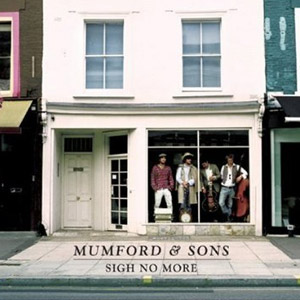





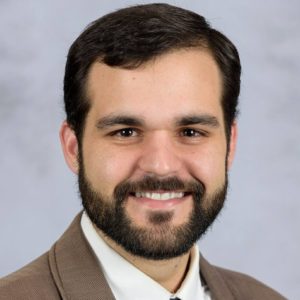
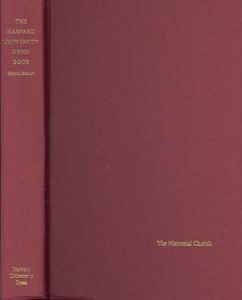 I was first introduced to the repertoire I study through performance. As a first-year graduate student, I began to sing in the choir of the University Church in Yale, a non-denominational congregation of students and community members that worships in Battell Chapel at the center of Yale’s campus. In joining Battell’s choir, I hoped to recreate the experiences I had so enjoyed as an undergraduate at the university church: performing high-level choral music while also participating in lively and congregationally-grounded worship. My college church experience introduced me to hymns for the first time, providing me with communal singing experiences that had been missing from my upbringing in the Greek Orthodox faith. I grew to love the Protestant hymnody found in the Harvard University Hymn Book, finding myself spiritually and musically transformed by the soaring melody of san rocco, the steadfast encouragement of cwm rhondda, and the triumphant celebration of victory.
I was first introduced to the repertoire I study through performance. As a first-year graduate student, I began to sing in the choir of the University Church in Yale, a non-denominational congregation of students and community members that worships in Battell Chapel at the center of Yale’s campus. In joining Battell’s choir, I hoped to recreate the experiences I had so enjoyed as an undergraduate at the university church: performing high-level choral music while also participating in lively and congregationally-grounded worship. My college church experience introduced me to hymns for the first time, providing me with communal singing experiences that had been missing from my upbringing in the Greek Orthodox faith. I grew to love the Protestant hymnody found in the Harvard University Hymn Book, finding myself spiritually and musically transformed by the soaring melody of san rocco, the steadfast encouragement of cwm rhondda, and the triumphant celebration of victory.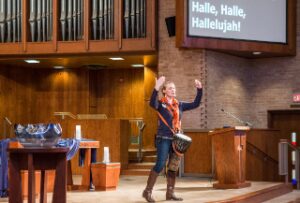 roughout my research for my dissertation, I’ve seen that singing global song is not reducible to cultural appropriation, and in fact, accomplishes something quite profound for many people who sing it on a monthly or weekly basis in liturgies around the United States. Singing global song acts as measure of hospitality, not only to literally welcome global Christians into the space, but also to open the hearts of current congregants to understanding their role as equal brothers and sisters in Christ. Many people I’ve spoken to—including church leaders and congregants alike—think about global song as a way to address histories of Western dominance, and to recognize that Christianity is much broader than the way Americans worship. Rather than considering songs like “Halle Halle” or “Salaam Aleikum” as purely fun exercises in new musical repertoires, singers engage with these songs in order to imagine the global body of Christ beyond their congregations, making space for Christians within local American spaces regardless of where they come from.
roughout my research for my dissertation, I’ve seen that singing global song is not reducible to cultural appropriation, and in fact, accomplishes something quite profound for many people who sing it on a monthly or weekly basis in liturgies around the United States. Singing global song acts as measure of hospitality, not only to literally welcome global Christians into the space, but also to open the hearts of current congregants to understanding their role as equal brothers and sisters in Christ. Many people I’ve spoken to—including church leaders and congregants alike—think about global song as a way to address histories of Western dominance, and to recognize that Christianity is much broader than the way Americans worship. Rather than considering songs like “Halle Halle” or “Salaam Aleikum” as purely fun exercises in new musical repertoires, singers engage with these songs in order to imagine the global body of Christ beyond their congregations, making space for Christians within local American spaces regardless of where they come from.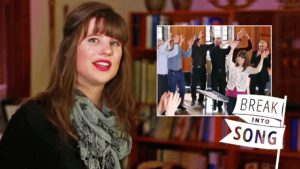
 Marissa Glynias Moore is a doctoral candidate in ethnomusicology at Yale University, New Haven, CT where she also teaches undergraduates in the music department. Marissa lives in Brooklyn, NY.
Marissa Glynias Moore is a doctoral candidate in ethnomusicology at Yale University, New Haven, CT where she also teaches undergraduates in the music department. Marissa lives in Brooklyn, NY. It’s no mystery that the central themes of the Advent season revolve around waiting, anticipation, patience, preparation, and expectation. These themes are quite appropriate for this first season of the church calendar that celebrates the grand narrative of Christian hope that ended last week with Christ the King Sunday. The King has now crowned the liturgical year, and we’re back to the beginning of our story in time: Christ the King not-yet.
It’s no mystery that the central themes of the Advent season revolve around waiting, anticipation, patience, preparation, and expectation. These themes are quite appropriate for this first season of the church calendar that celebrates the grand narrative of Christian hope that ended last week with Christ the King Sunday. The King has now crowned the liturgical year, and we’re back to the beginning of our story in time: Christ the King not-yet. Here’s one great example: go have a look/listen at the early Integrity’s Hosanna! Music tapes from the mid 1980s—a great place to start would be the tape “All Hail King Jesus”
Here’s one great example: go have a look/listen at the early Integrity’s Hosanna! Music tapes from the mid 1980s—a great place to start would be the tape “All Hail King Jesus”
 did have a lot of skills. As a preacher and rhetorician, a theologian, a poet, and author of some of the early hymn melodies—though it’s a bit unclear how many were written by Luther because he collaborated so much with Johann Walter. He’s not a Josquin-level composer, but they are good, beautiful melodies. But music was also an important part of his life. He played the lute, liked to sing; he sang with his family and friends, and music was an important part of his private life, and he appreciated the power of music.
did have a lot of skills. As a preacher and rhetorician, a theologian, a poet, and author of some of the early hymn melodies—though it’s a bit unclear how many were written by Luther because he collaborated so much with Johann Walter. He’s not a Josquin-level composer, but they are good, beautiful melodies. But music was also an important part of his life. He played the lute, liked to sing; he sang with his family and friends, and music was an important part of his private life, and he appreciated the power of music.




